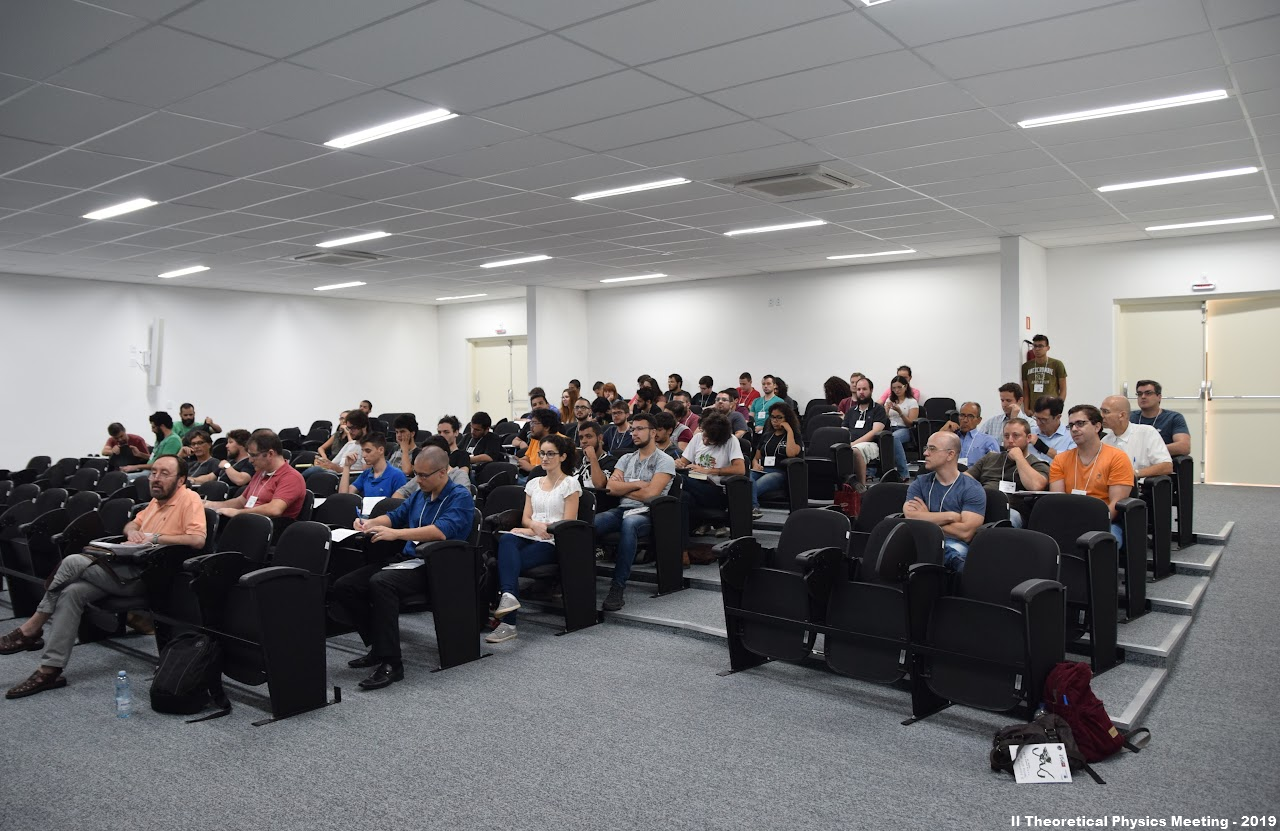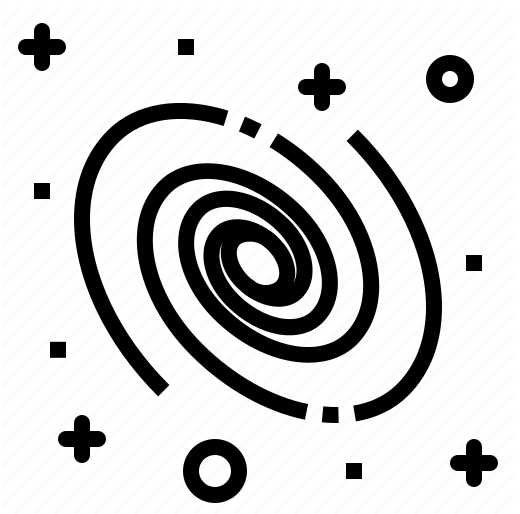
IV Theoretical Physics Meeting
GIFT – UNIFEI
November 11-14, 2024
The IV THEORETICAL PHYSICS MEETING is being organized by the Theoretical Physics Investigations Group of the Federal University of Itajubá (UNIFEI) and will take place in person from November 11th to November 14th, 2024.
This national-wide scientific meeting aims to bring together researchers, post-doctoral fellows, and undergraduate and graduate students from various institutions all over the country interested in different areas of Theoretical Physics, to foster an environment of integration and collaboration among researchers and students, and to discuss new directions and future developments in the field.
The meeting will feature courses, lectures, communications, panels, and an open-public colloquium.

Lectures & Courses
Check out the program of the event’s IV edition.

Gravitation and Cosmology
Lectures in this field will dive into perturbation theory in cosmology, which helps understand the formation and evolution of structures like galaxies and clusters in the universe by analyzing small deviations from perfect homogeneity. Alternative theories of gravity will be explored, offering insights into potential modifications or extensions of Einstein’s General Theory of Relativity, such as string theory and loop quantum gravity, which aim to reconcile gravity with quantum mechanics. The study of gravitational waves will cover their detection and implications for astrophysics and cosmology. Quantum gravity will be examined, addressing the challenge of unifying general relativity with quantum field theory.

Quantum field theory
Lectures in this area will cover gauge theory explaining how gauge bosons mediate forces like electromagnetism and the strong and weak nuclear forces. The exploration of (super) string theory will offer potential insights into a unified description of all fundamental forces. The relationship between a type of string theory defined on Anti-de Sitter (AdS) space and a Conformal Field Theory (CFT) defined on its boundary will be examined. Holography, related to the idea that a lower-dimensional description can encode information about a higher-dimensional space, will be discussed, shedding light on the nature of spacetime and black holes. Dual gravity will be analyzed to explore new perspectives on quantum gravity.

Mathematical Physics
Lectures will cover supersymmetric integrable systems, which are models that exhibit both supersymmetry and integrability, allowing exact solutions and deep insights into the behavior of particles and fields. Chern-Simons theory will be explored, highlighting its role in three-dimensional topological quantum field theory and its applications in knot theory and condensed matter physics. The study of lambda and sigma models will delve into field theories where fields take values in a target manifold, providing powerful tools to investigate string theory, conformal field theory, and statistical mechanics. These models help understand complex systems by simplifying their dynamics and revealing underlying symmetries.
Share your results
Submit your paper here.

IV Theoretical Physics Meeting GIFT-UNIFEI | Copyright 2024 | Advised by Bhadram Educational Solutions, powered by Asystos©
